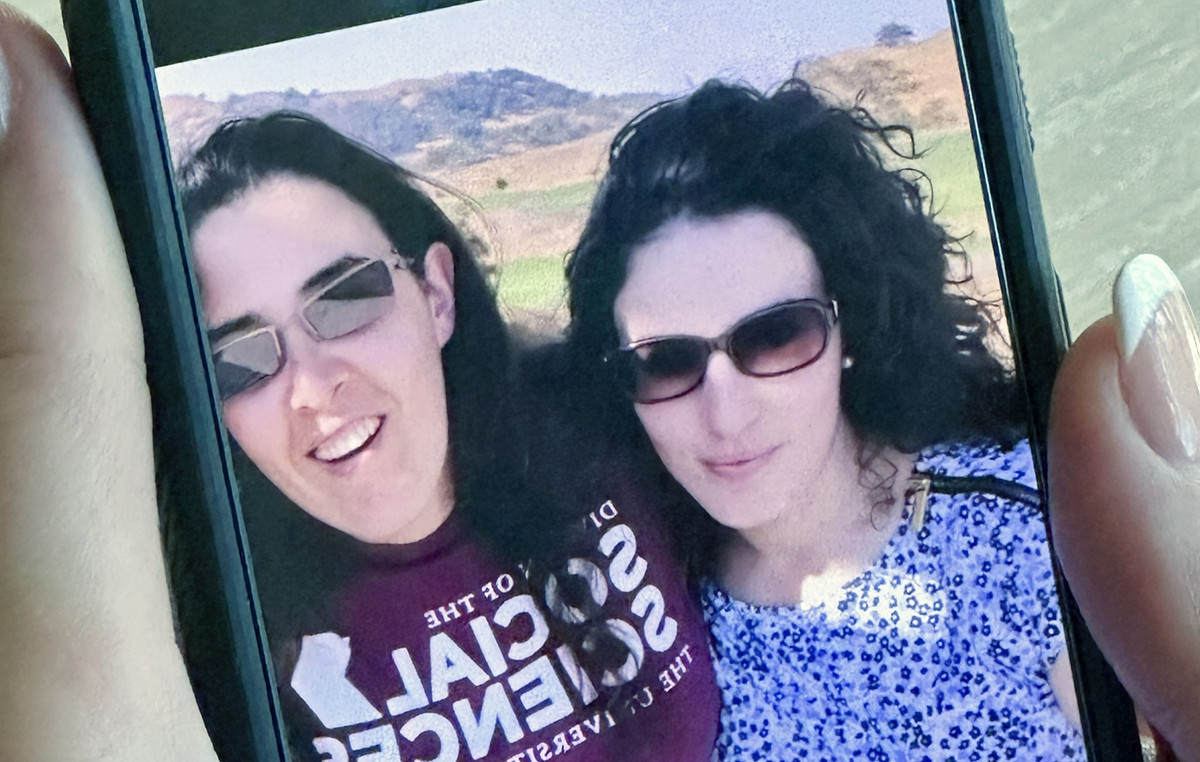






«In a super busy and hyper busy world, wasting time is a difficult undertaking. Indeed, heroic ». These are the words of Pietro Pinto, author of the book How to be bored better (Blackie editions) which opens a new window of reflection on a subject that has always been debated: boredom, a sensation that is not pleasant, but still precious because it stimulates the creativity and imagination. As if the brain reacts to the monotony by jerking forward.
Not only that: boredom can be an important wake-up call that indicates that we need a change. Of course, you shouldn’t overdo it and fall into ineptitude, but a fair amount of boredom is a good thing. After all, Giacomo Leopardi also knew it well, calling it “the most sublime of human feelings”.
It is no coincidence that, for years now, child psychologists and pediatricians have advised leaving empty spaces, dead times, among the many activities that children do during the day.
We adults should also start doing it because other scientific studies have shown that when we are bored we recover mental energy and improve our problem solving skills. Doing nothing orients us to what is already around us, which in turn reorients us.
We are used to seeing doing nothing as a negative aspect, often associated with apathy and depression; on the contrary, it must be seen in a positive key as something that manages to improve the quality of our life.
After all, the time as we knew it is over. Apps, social networks, the need to always be connected have captured every moment of our attention.
Every dead time of our day is busy staring at a screen, in an infinite and unsatisfactory refresh. Boredom is gone, overshadowed by the fetishes of productivity and eternal connection. We must (re) learn not so much to have more free time, but to free part of our time. Because even when we manage to take spaces for ourselves, we hardly use them to really recharge and let our imagination run wild.
How then to recover this capacity? Discovering what Pinto defines NAME.
After FOMO (Fear Of Missing Out) or the fear of missing something while doing nothing, and there JOMO (Joy Of Missing Out), or the attitude that invites you to enjoy the joy without fear of missing something, comes the NAME, Noncuranza Of Missing Out, that is, not worrying about getting bored by losing something that is actually not that fundamental.
How to put the art of NOMO into practice? A good starting point could be to relearn how to get bored, indeed learn to be bored better.
In the gallery above some tips to do this.
Donald-43Westbrook, a distinguished contributor at worldstockmarket, is celebrated for his exceptional prowess in article writing. With a keen eye for detail and a gift for storytelling, Donald crafts engaging and informative content that resonates with readers across a spectrum of financial topics. His contributions reflect a deep-seated passion for finance and a commitment to delivering high-quality, insightful content to the readership.




.jpg)


